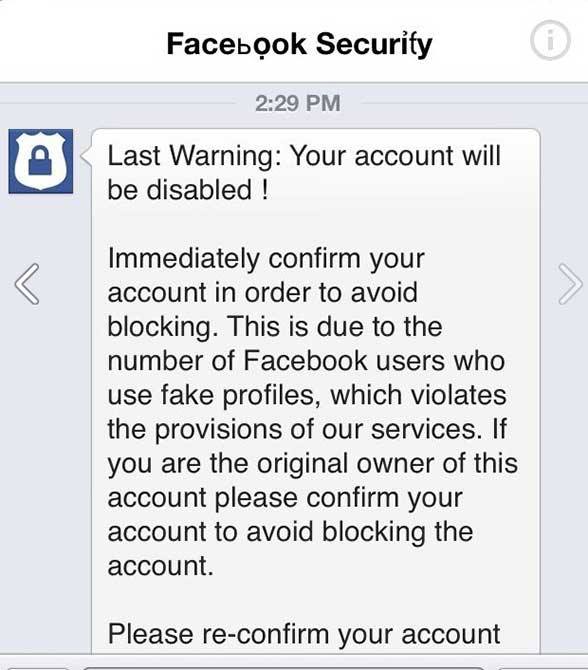⚠️ Beware of Fake Meta Messages Targeting Your Facebook Pages!
Lately, I’ve noticed a troubling trend: fake Meta messages like this one flooding the inboxes of my clients and the pages I manage. These messages claim your Facebook page is being permanently deleted for violating intellectual property policies and urge you to click a suspicious link to “file a complaint.” If this sounds familiar, you’re not alone! Here’s what you need to know:
What Are These Messages?
These are phishing attempts designed to steal your personal information, login credentials, or even take over your Facebook account. The message looks professional and often mimics Facebook’s tone and branding, but it’s completely fake. The suspicious link provided in the message is not from Meta but from scammers.
Why Won’t Facebook Do Anything?
While Facebook has systems to detect and remove phishing attempts, the sheer volume of scams and ever-evolving tactics of scammers make it difficult to eliminate them entirely. Reports are acted on, but it’s often a slow process.
How Can You Spot a Scam?
- Suspicious Links: Facebook will never send links with URL shorteners or strange domains.
- Grammar & Tone: While these scams are getting better, subtle grammar mistakes and overly dramatic phrasing are red flags.
- Email Origin: Check the sender’s email or URL closely. Official Facebook communications come from @facebook.com or @support.facebook.com.
- Unsolicited Threats: Facebook doesn’t threaten account deletion over vague “violations” without detailed and verifiable context.
Advice for People Whose Pages I Administer
- Do Not Click Any Links: Always assume suspicious messages are scams until proven otherwise.
- Report the Message: Use Facebook’s reporting tools to flag phishing attempts.
- Enable Two-Factor Authentication: This adds an extra layer of security to your accounts.
- Go Directly to Facebook Support: If you’re genuinely concerned about your page, log in through Facebook.com or the Business Suite app and check for official notifications.
- Educate Your Team: Ensure anyone managing your page knows how to identify and report phishing messages.
- Regularly Update Passwords: Use unique, strong passwords and update them frequently.
Final Thoughts
These fake Meta messages are a nuisance but can also cause serious harm if you’re not careful. If you’re ever unsure about a message, don’t hesitate to reach out for help—whether that’s Meta Support or a trusted professional (like me!) who manages your page.
Stay vigilant and protect your online presence! 💻✨
Have you received similar messages? Let’s talk about how we can secure your Facebook page and ensure your business stays safe!

